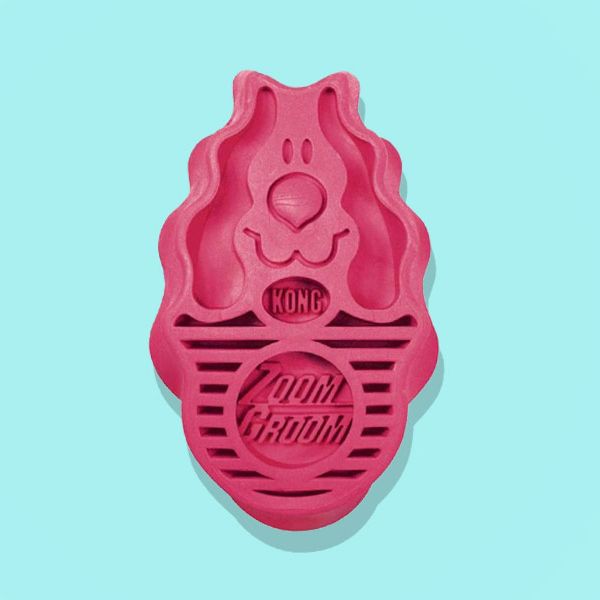The Ultimate Guide to Dog Nutrition and Healthy Diets
Table of Contents
Dog nutrition plays a central role in maintaining vitality, longevity, and overall well-being. The right balance of proteins, fats, carbohydrates, vitamins, and minerals supports growth, strengthens immunity, and enhances energy. A carefully structured diet ensures that dogs not only survive but thrive, with coats that shine, muscles that remain strong, and a spirit full of vigor.
The Importance of Balanced Nutrition Meals
A dog’s body demands equilibrium. Too much of one nutrient and too little of another can create imbalances that lead to long-term health issues. Meals should be formulated to deliver essential amino acids, omega fatty acids, and digestible fiber in appropriate proportions. This holistic approach allows their systems to function optimally, supporting everything from brain development to joint stability.
Proteins as Building Blocks
Proteins stand at the core of a dog’s diet. They repair tissues, maintain muscle mass, and sustain growth. High-quality animal proteins such as chicken, fish, or beef provide complete amino acid profiles. In addition, plant-based sources can supplement diets, though they must be carefully combined to meet biological needs. Without adequate protein, weakness and immune compromise may surface.
The Nutrition Role of Healthy Fats
Fats provide more than energy; they ensure cellular health and regulate hormone function. Essential fatty acids, especially omega-3 and omega-6, also reduce inflammation and promote a glossy coat. Fish oil, flaxseed, and poultry fats remain excellent sources. However, portion control is critical—excessive fat intake can lead to obesity and cardiovascular strain.
Carbohydrates for Energy and Digestion
While dogs are not obligate carbohydrate consumers, moderate amounts of complex carbs contribute valuable energy. Whole grains, sweet potatoes, and legumes offer fiber that supports digestive health and sustains steady glucose levels. Unlike empty calories from fillers, these nutrient-dense sources improve gut microbiota and keep energy levels consistent.
Micronutrients That Matter
Vitamins and minerals serve as silent guardians of health. Calcium and phosphorus fortify bones, while zinc strengthens immunity and aids skin integrity. Vitamins A, D, and E regulate vision, metabolic balance, and antioxidant defense. Because deficiencies or excesses can harm, precise formulation is essential. Many commercial diets now integrate supplements to prevent nutritional gaps.
Hydration: The Overlooked Nutrition Element
Water is as crucial as food. It facilitates digestion, regulates temperature, and flushes toxins. Dogs require constant access to clean, fresh water, especially in warm climates or after vigorous exercise. Dehydration can lead to lethargy, kidney strain, and more severe complications. A hydrated body sustains vitality and resilience.
Avoiding Harmful Foods
Not all human foods are safe for canine companions. Chocolate, grapes, onions, and xylitol can be toxic, leading to life-threatening reactions. Owners must remain vigilant, ensuring that treats or table scraps do not endanger their pets. Prevention is always safer than treatment when it comes to dietary hazards.
Tailoring Diets to Life Stages
Nutritional needs shift with age. Puppies demand higher protein and calorie intake to fuel rapid growth. Adult dogs benefit from balanced maintenance diets that sustain strength without excess. Older dogs, especially those over the age of seven, often require fewer calories but additional nutrients to support joints, digestion, and organ health. Recognizing these transitions ensures that diet matches life stage and physical demand.
Exploring Specialized Diets
Beyond standard feeding, specialized approaches can address unique needs. Grain-free diets assist some dogs with allergies, while raw feeding appeals to those seeking natural alternatives. Veterinary-prescribed diets often target chronic conditions like kidney disease or obesity. Each specialized plan must be approached with care, ensuring safety, balance, and long-term viability.
The Value of Consistency and Moderation
A stable feeding routine builds trust and supports digestive regularity. Sudden dietary changes may cause gastrointestinal distress, while overindulgence in treats disrupts nutritional balance. Moderation remains the golden rule—meals should nourish without overwhelming the body. Consistency provides comfort and predictability for both dogs and their caretakers.
Feeding a dog transcends mere sustenance—it is a profound act of care. Thoughtful choices in diet reflect an understanding of their biological needs and a commitment to their well-being. When meals are balanced, safe, and stage-appropriate, dogs experience healthier lives, filled with vitality and companionship. Nourishment, in essence, becomes one of the purest expressions of love.


